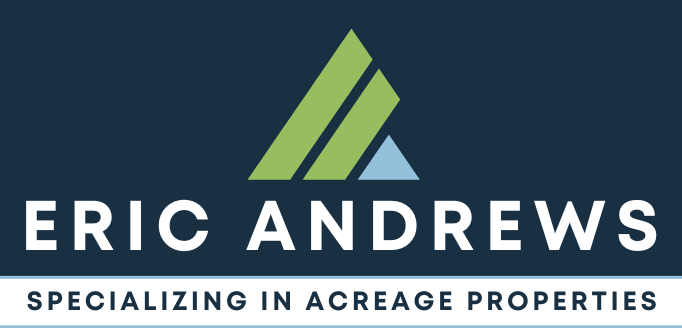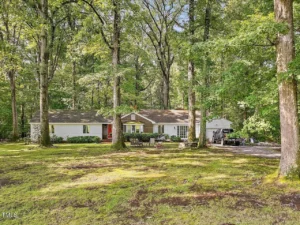NC Real Estate Broker Eric Andrews explains that sellers should keep in mind with big due diligence checks come big expectations.
Interviewer: Can you have too much due diligence money as a seller?
Eric: That’s an interesting question. So right now the real estate market is crazy. And just to briefly explain it, due diligence money is money that is assigned to the seller. It’s given to the seller as compensation for taking their home off the market. So when we first started doing due diligence money, a lot of times we were doing contracts with zero due diligence money, and then it got up to like 250 and 500 and a few years ago it was a thousand to 3000. Well, now we’re seeing crazy, crazy amounts of due diligence money. 10 is more than norm right now, 15, 25,000 dollars due diligence money is not uncommon. Now this is money that is non-refundable. This is money that you are giving to the seller to take their property off the market. So you don’t get it back.
And the thing that people need to know is, it’s such a great real estate market for sellers. It’s such a seller’s market. And there’s such a shortage of inventory that the sellers are like getting really, really high amounts of due diligence money. So, we’ve had offers in the last month of this firm, eighty five thousand, one hundred and fifty thousand, five hundred thousand dollars due diligence money. And these are insane amounts of money and everything and people are like, oh, this is awesome. But I just want sellers to be aware that there is a slotting scale here. And one of the things I like to remind sellers of is if a buyer gives you three and a half thousand dollars due diligence money, and the deal for whatever goes flat, they don’t think that HVAC is working right.
And they say, “fix it” and you go, “no, I’m not going to fix it”. Well, they lose their $3,500 and they walk away from the deal, that’s it. Okay. But if someone has $150,000 due diligence money, and they find something wrong with HVAC and they say, “oh, fix it for me” and you say, “no” and they’re like, “you knew the HVAC was broken. This is fraud. Now I’m going to sue you”. So you’re not going to pay an attorney, a $3,500 retainers fee to get $3,500, but you might spend $3,500 to get $150,000 due diligence money. So all I’m saying is that we can’t get so excited and just say, whoever gives me the most due diligence money is the best offer.
There’s a lot of other things that are involved. Let’s look at the agent that’s representing them. Let’s look at like, does that person have a good track record of closing deals? How solid are they divided? Is it a cash purchase? Do they need a loan, if we’re going to have an appraisal situation? Whatever, and how solid is your house? Like, do you know that there’s a bunch of crap wrong with your house and the stuff is going to come up or is it a solid house and there shouldn’t be any major issues or whatever?. So I know everyone gets excited about due diligence money. All I’m suggesting is there is a scale where if you get too much due diligence money, the seller could come back and it could involve some kind of litigation.
Interviewer: How much is too much?
Eric: It all depends on the deal. I don’t know. I mean, is $25,000 too much on a $300,000 house? Well, maybe. Is it too much on a million dollar house? No. Is $25,000 too much on a $75,000 piece of land? Probably. I mean, it’s all balance and everything. And then there’s just so much that’s involved or whatever. Like, we have complex land deals. Well, is this a four month closing? A six month closing? I have 14 months, 24 month, 36 month. I have one closing this week. 18 months, 18 months that’s spent on the market. They got $85,000 in non-refundable money. Well, but it was 18 months. So there was some risk born by the seller of that because of the time. So I’d like to answer that question, but it’s a scale.




